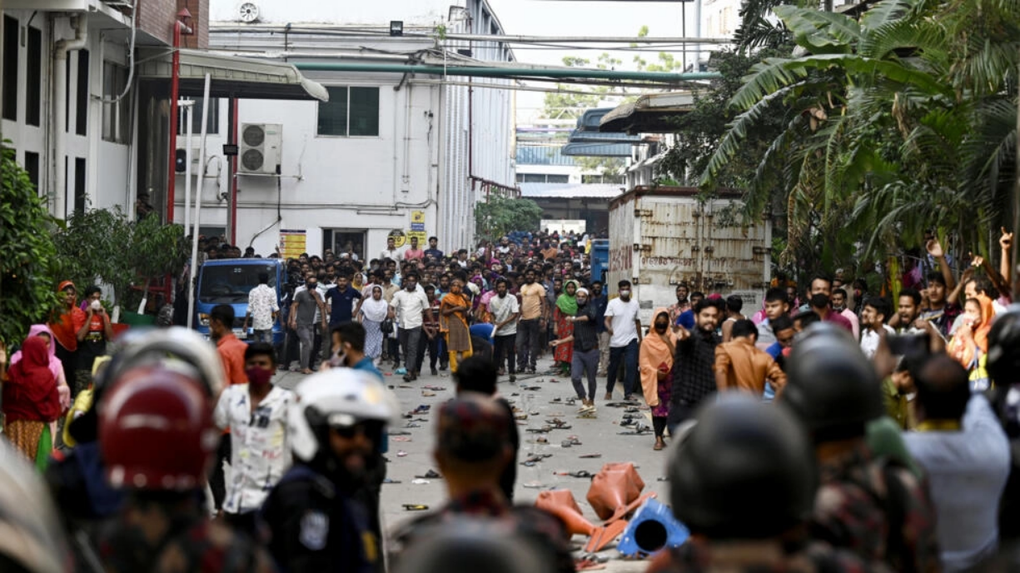
Bangladeshi garment workers clash with police in Gazipur on November 9 (Photo: AFP).
"Police have booked 11,000 unidentified people in connection with the Tusuka garment factory attack," Police Inspector Mosharraf Hossain told AFP on November 11.
Earlier this week, a government-appointed committee raised wages in the garment industry by 56.25 percent to 12,500 taka ($113), but workers rejected the proposal and demanded a minimum wage of 23,000 taka ($209).
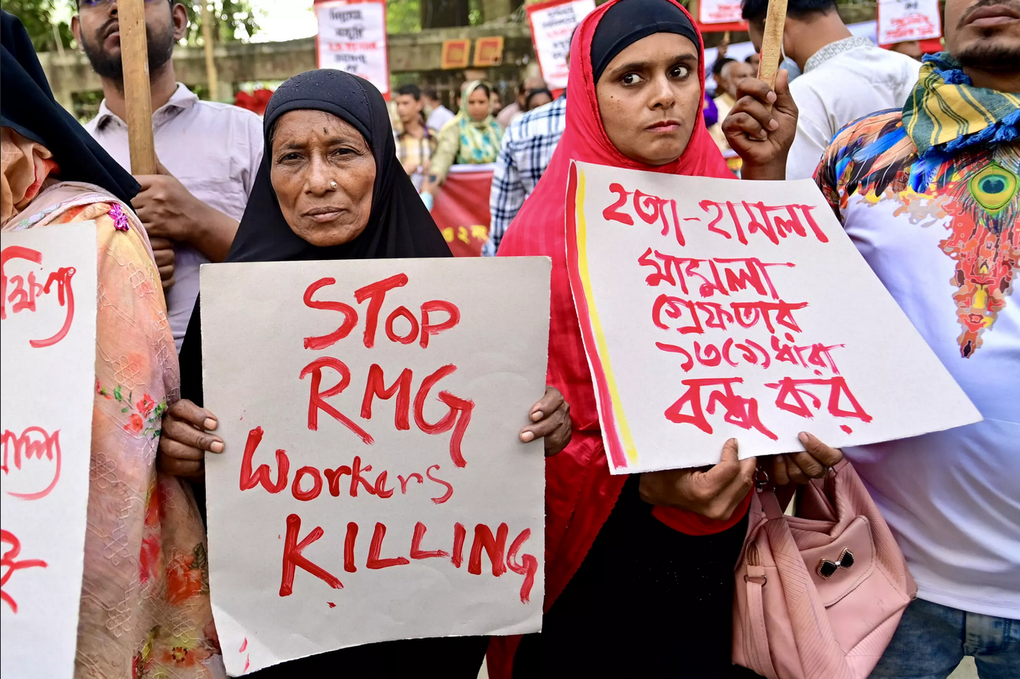
Garment workers demand minimum wage increase to more than 200 USD/month (Photo: AFP).
Police told AFP that 150 factories had shut down in the major industrial towns of Ashulia and Gazipur, both north of the capital Dhaka, as manufacturers feared further strikes.
Police on November 9 fired rubber bullets and tear gas at about 10,000 workers in Ashulia after crowds threw bricks and stones at authorities and the factory.
Police chief Mohammad Sarowar Alam said at least 20 factories had also closed in Gazipur, the country's largest industrial area.
The minimum wage protests over the past two weeks have been the worst in more than a decade.
Meanwhile, Bangladeshi Prime Minister Sheikh Hasina has ruled out further wage increases for workers, warning that violent protests could cost workers their jobs.
Bangladesh's 3,500 garment factories account for about 85% of the country's $55 billion annual exports, supplying many of the world's top brands including Levi's, Zara and H&M.
Source










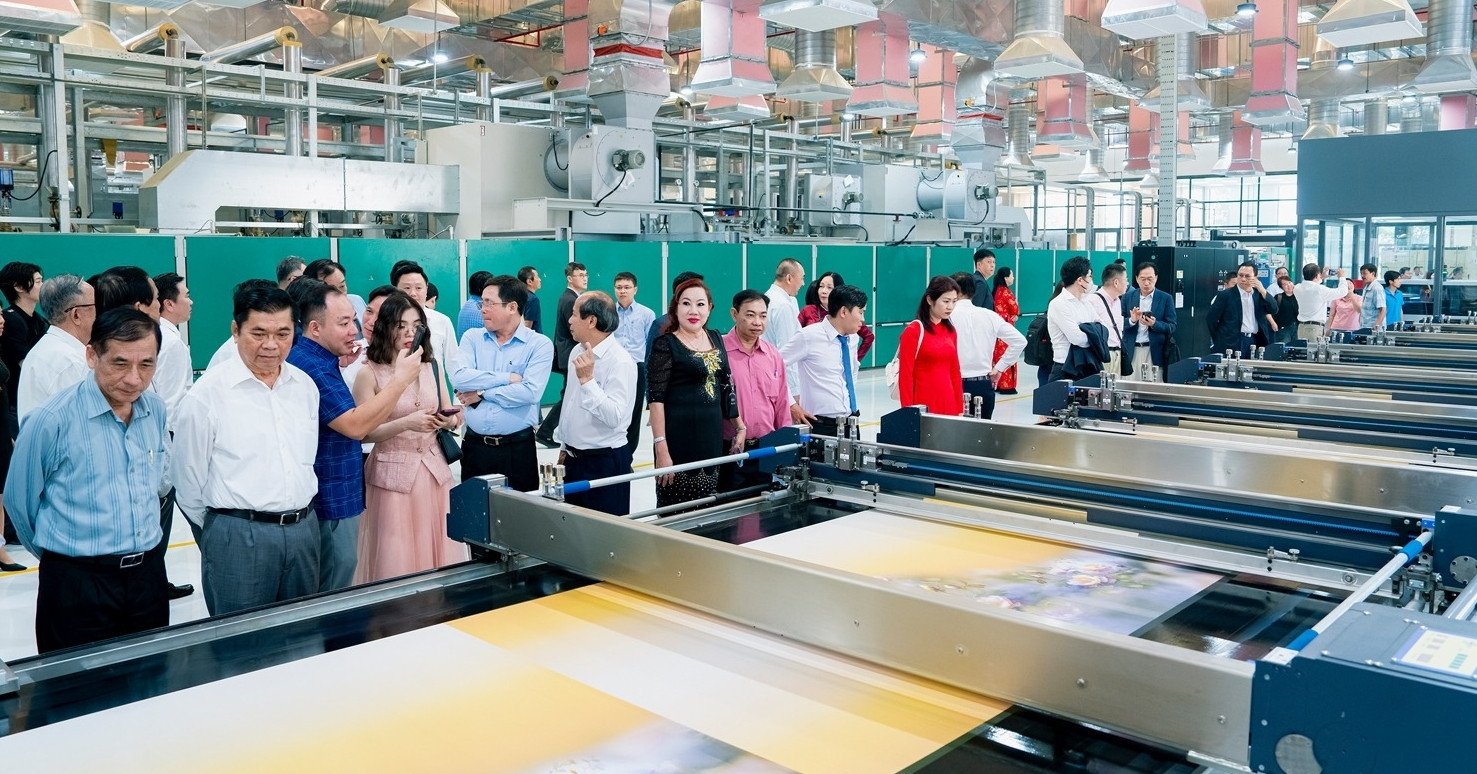

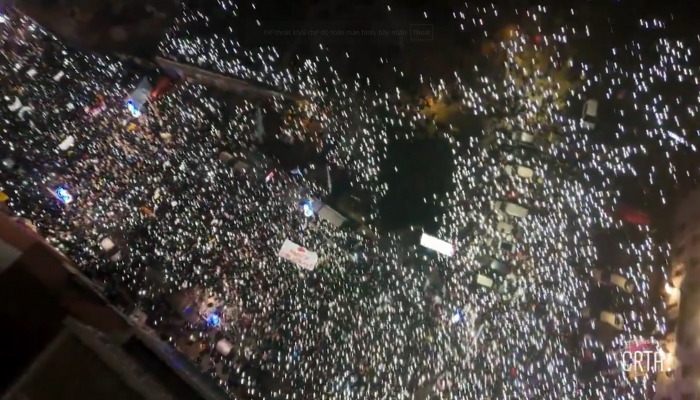
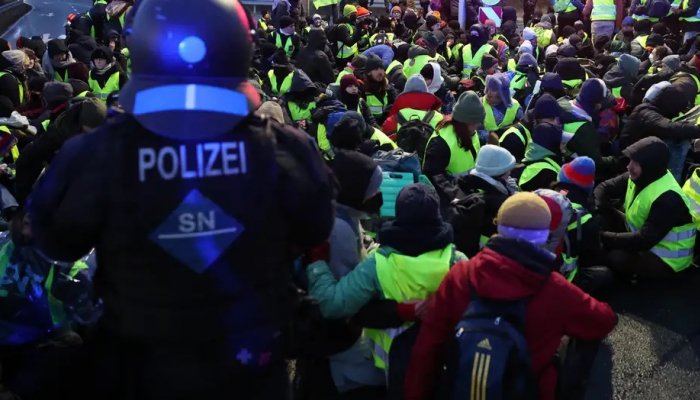
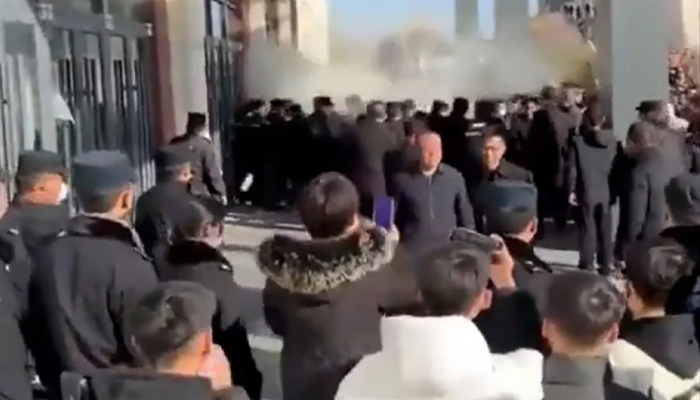
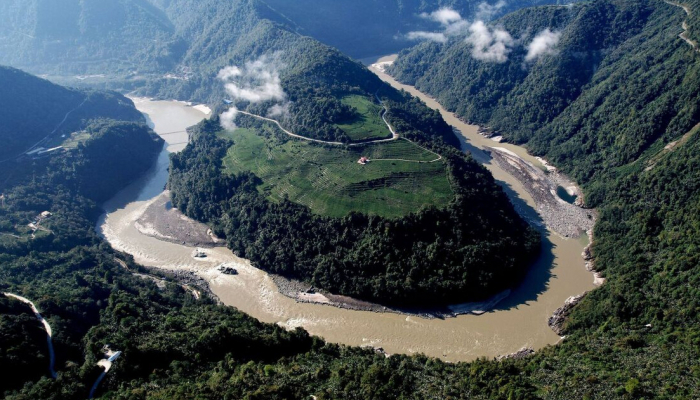
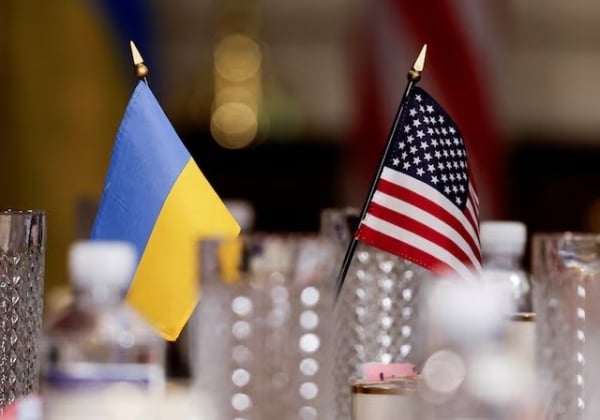


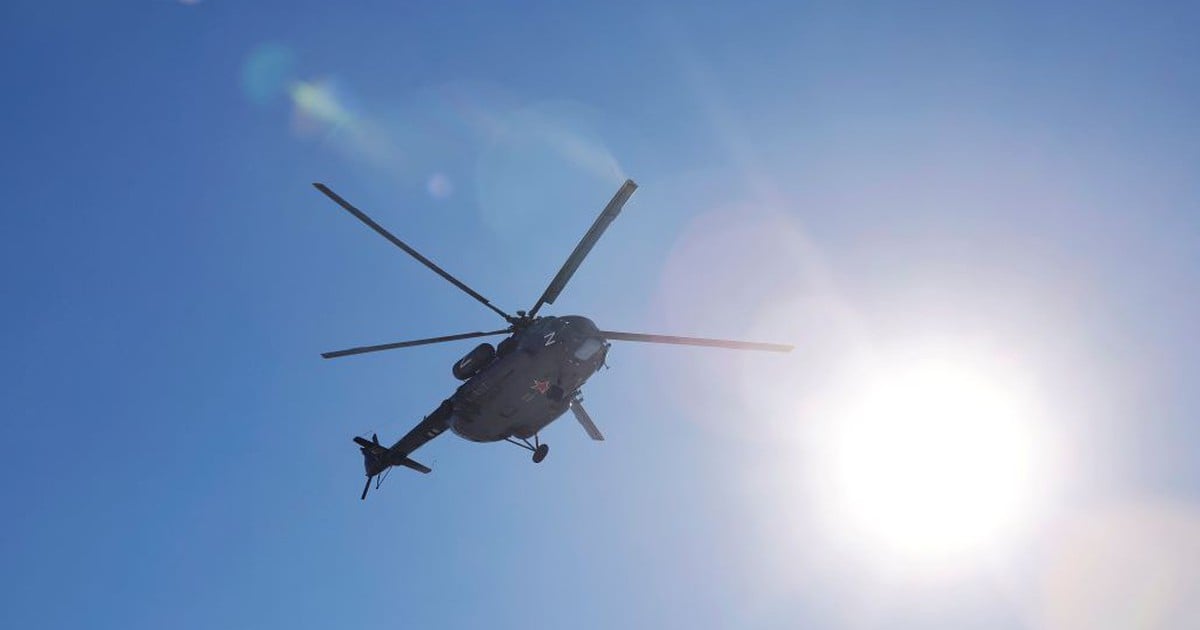

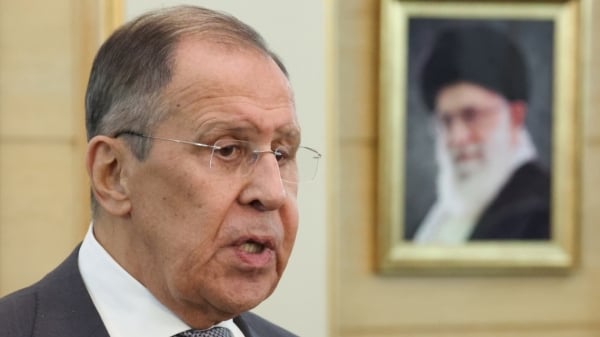
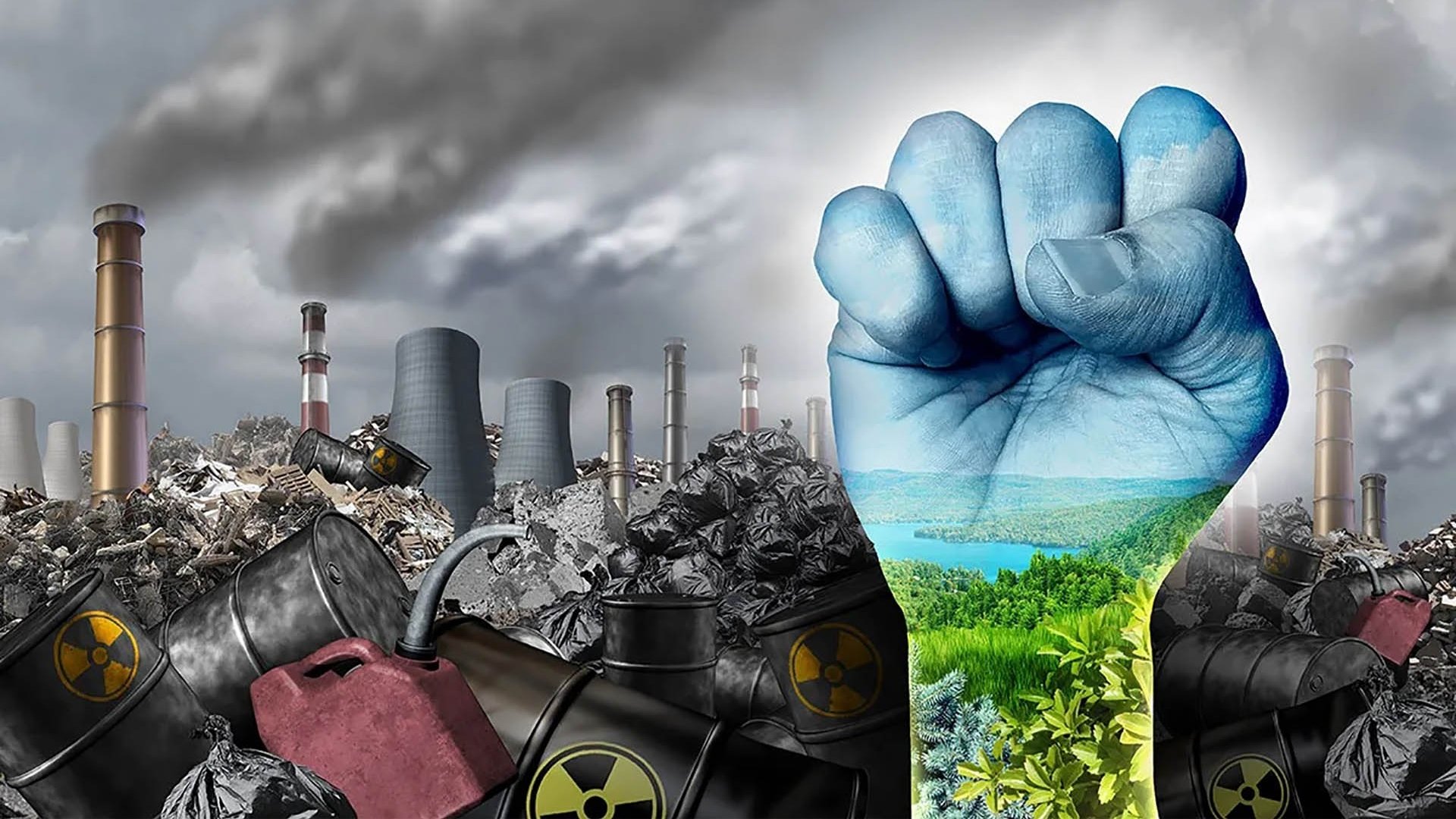
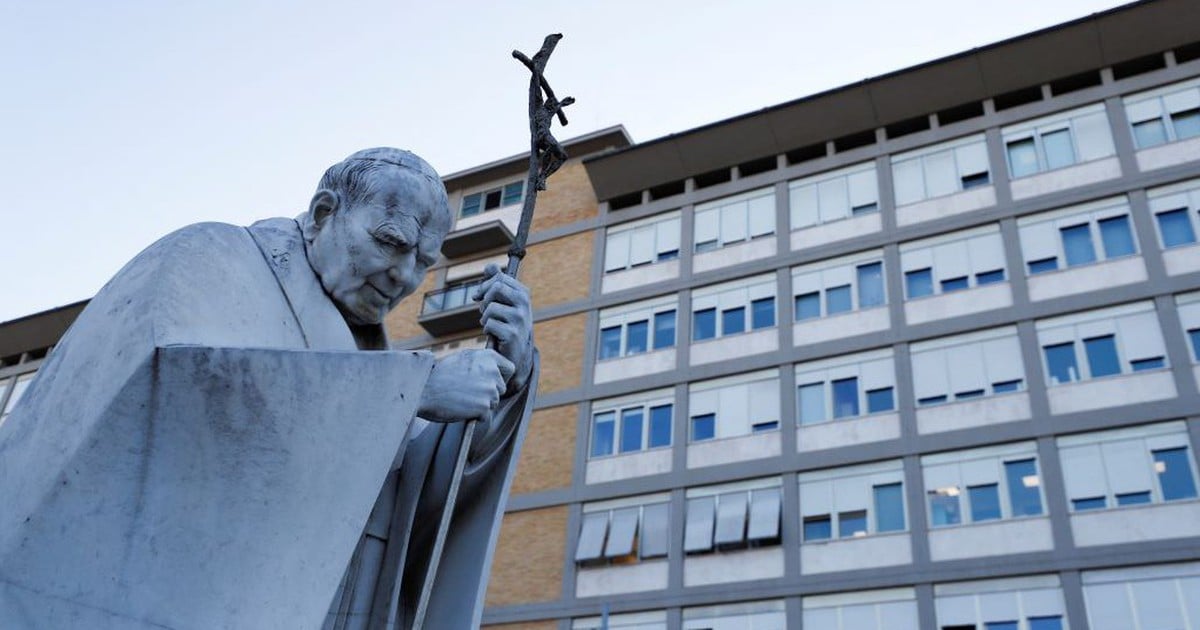

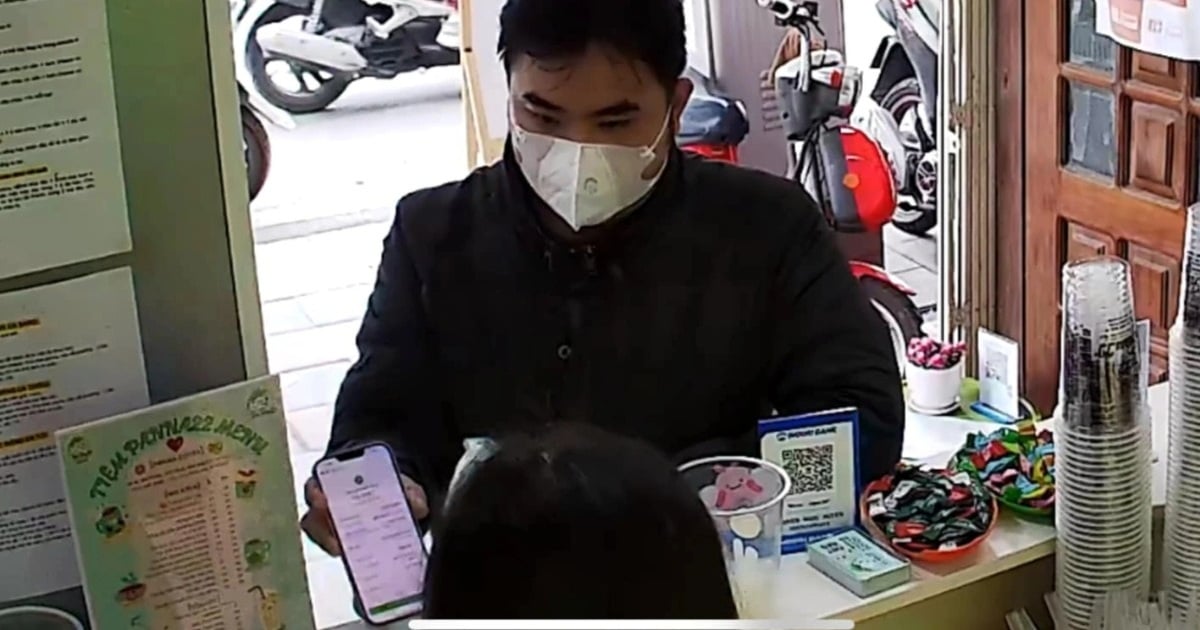

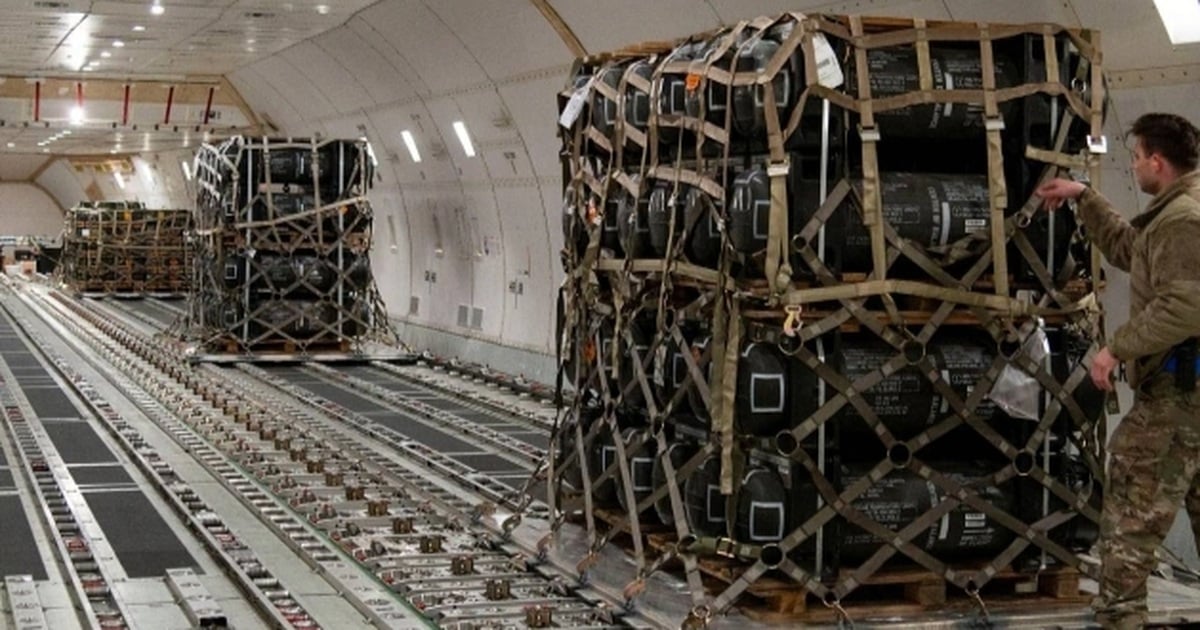


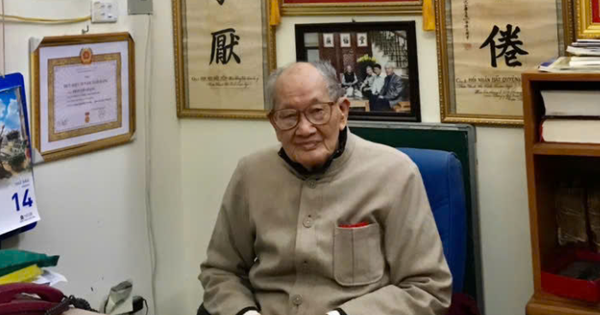







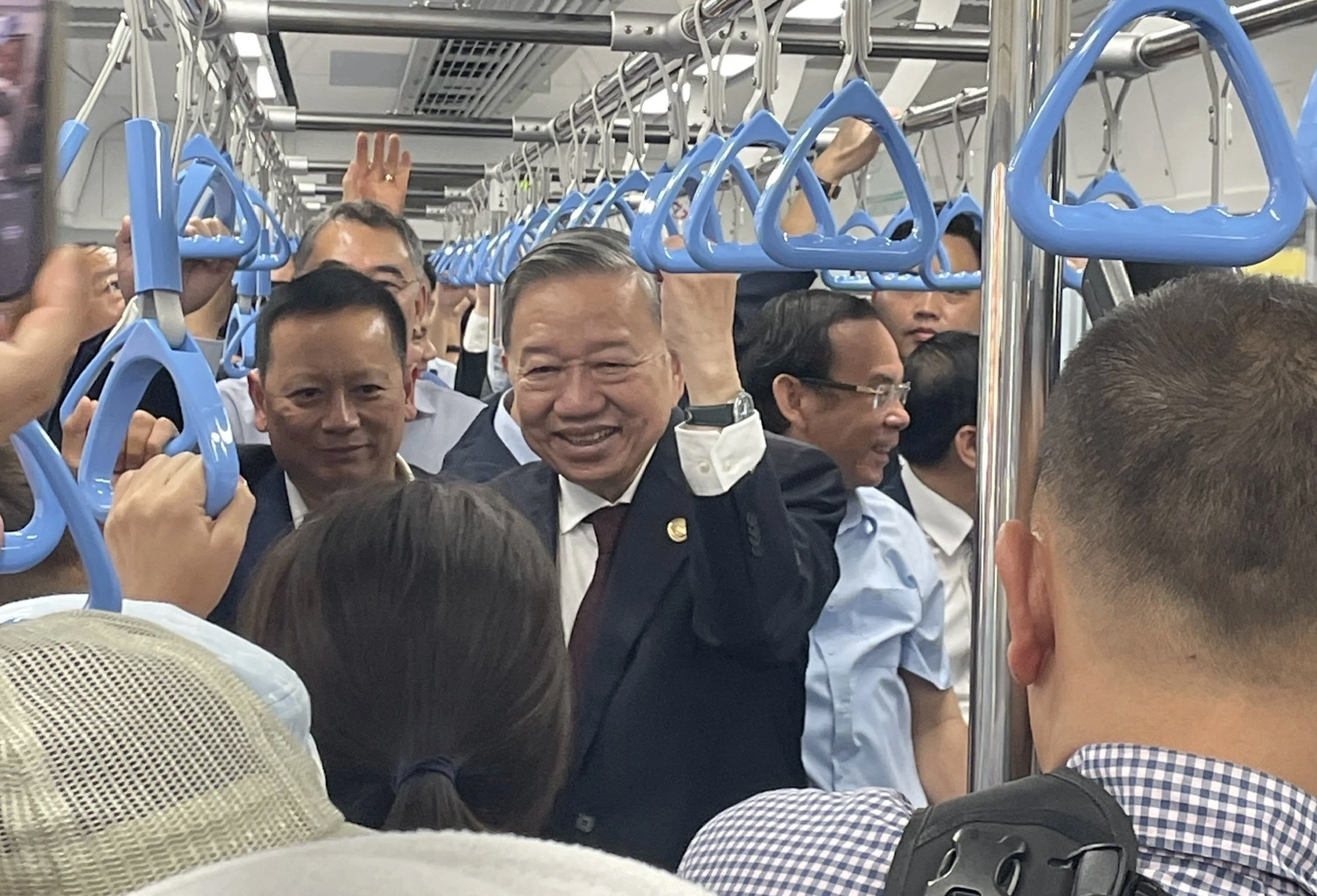

Comment (0)